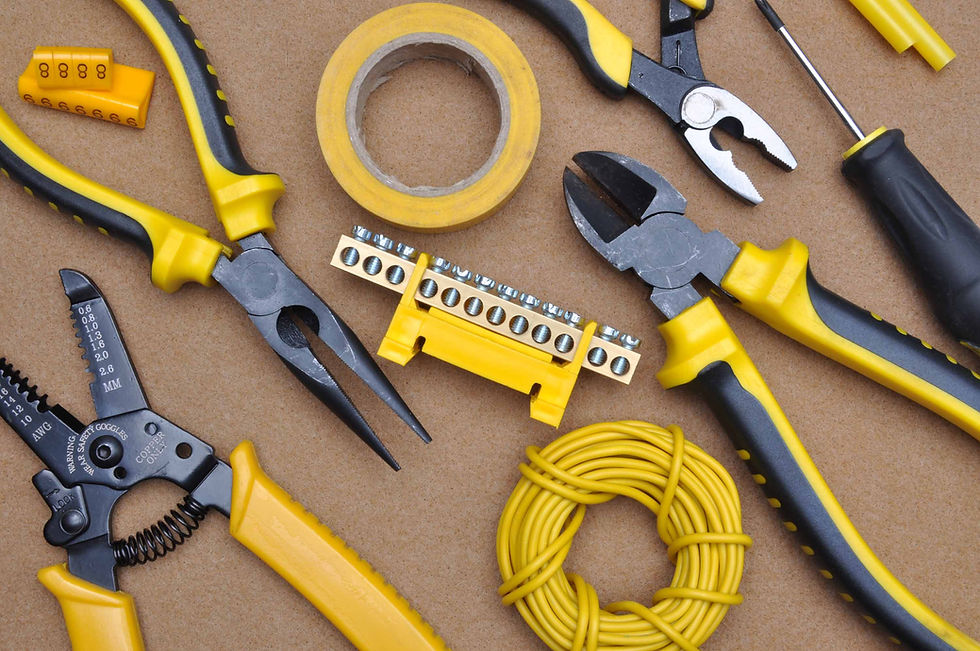


Data cabling services are a crucial aspect of any home or business these days. Data cabling involves connecting cables to provide data, voice, and video communications between two or more points. The type of cable used for this purpose can vary depending on the application, but typically includes copper, fiber-optic, coaxial, and twisted pair cable.
These cabling systems are used to connect networking elements within a home or company’s internal network infrastructure, as well as to link external networks like the Internet.
At Electricians Pakenham, we offer comprehensive data cabling services at competitive rates.
We specialise in network cable installations and can provide you with the best solution for your specific needs. Whether you need a single cable run or an entire building installation, our experienced technicians will ensure that all your data cabling connections are secure and reliable.
We understand how important it is that these connections remain operational and maintain their high performance levels so they can be relied upon when needed most. That's why we only use the highest quality materials available to ensure that all our data cabling installations comply with industry standards and regulations. We also ensure that all installation procedures are conducted safely and securely according to the most up-to-date safety guidelines. Furthermore, our team is highly skilled in testing new wiring systems to guarantee their performance before they go live.
We can also help you upgrade existing installations or troubleshoot existing issues quickly and easily, allowing you to restore full functionality faster than ever before. With our comprehensive data cabling services, you can rest assured that your network infrastructure will remain reliable and secure for years to come. Contact us today to learn more about our network cabling installations and capabilities throughout Pakenham.
We look forward to helping you find the perfect solution for your home or business needs.

What are the advantages of wired vs wireless network connectivity?
The debate between wired and wireless network connectivity is one that has been around for some time. There are advantages and disadvantages to both, so it really depends on your specific needs as to which is best for you. Here's a look at some of the key pros and cons of each:
Wired Network Connectivity:
- Pro: Generally speaking, wired networks are going to be faster than wireless ones. This is because there is no data compression or interference with the signal like there can be with wireless signals. They are a much more safe connection as well, much harder to hack into devices that are wired.
- Con: Wired networks can be more difficult to set up, particularly if you need to run cables through your walls or ceilings.
Wireless Network Connectivity:
- Pro: Wireless networks are much easier to set up than wired networks, as you don't need to run any cables.
- Con: Wireless networks are slower than their wired counterparts for many reasons. There is always going to be some form of interference and there is usually some data compression involved. Sources like neighbouring wireless signals or even microwaves if close enough will cause interference. Additionally, wireless connections are prone to security risks as they can be hacked into relatively easily compared to wired ones.
It’s always been the common conception that having a wired connection is faster and safer. This train of thought doesn’t look like it will change anytime soon either. It's important to weigh all of the pros and cons before making your decision so that you choose the right connectivity solution for your needs.
TOP QUALITY BRANDS WE USE INCLUDE



